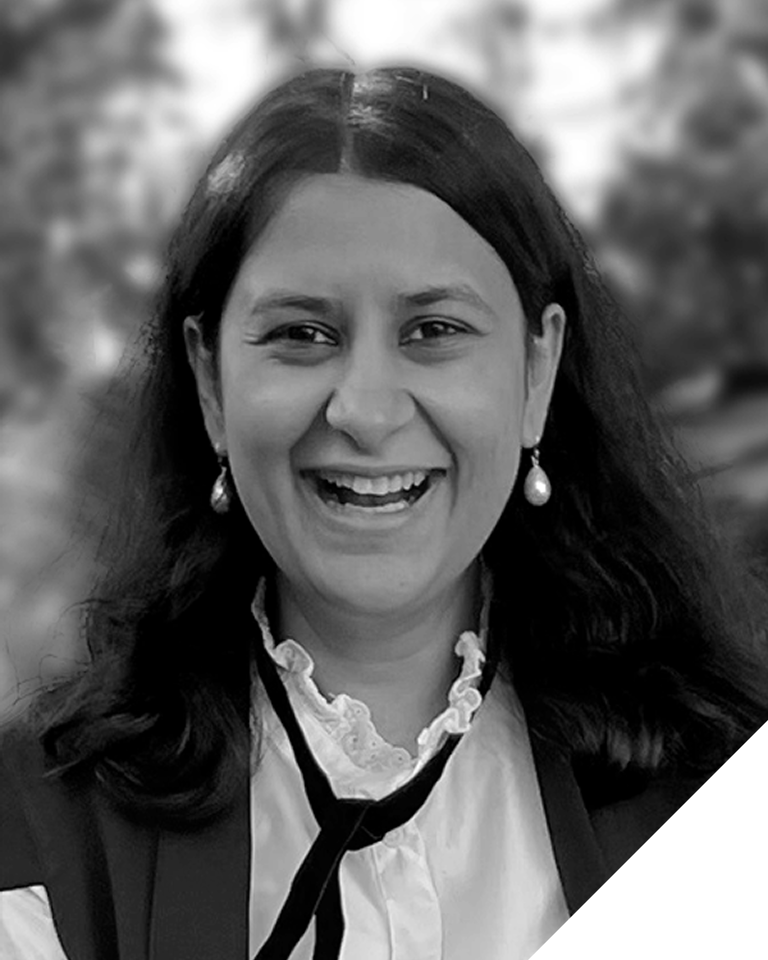Paris Olympics 2024 And Gender: A (Partial) Hoorah!
The Paris 2024 Olympics have achieved gender parity, marking a full-circle moment as the games return to the city where women were first allowed to compete in 1900 – at which point they made up only 2.2% of all participants. The 2024 milestone also honours the legacy of Alice Milliat, who championed women's sports by founding the Women's World Games in Paris in 1922; her efforts were crucial in pressuring the International Olympic Committee (IOC) to include more women's events in subsequent Olympics.
The journey reflects over a century of progress toward equal representation and opportunities for women athletes. However, while the Paris Olympics demonstrates a commitment to fairness by achieving equal numerical representation of men and women, labelling the Games as truly 'gender equal' might be premature because:
- Gender parity overlooks the disparities in the conditions under which men and women participate.
Even when women and men compete in the same sports, international federations often maintain differences in race lengths, weight categories, equipment specifications and venue sizes, and variations in judging, rules and uniforms. For instance, in gymnastics, women’s events are scored in accordance with stereotypical femininity, while men’s events focus on strength and power, reflecting broader societal gender biases.
- Gender and cultural considerations continue to hinder athletes’ experiences at the Olympics.
The heightened scrutiny that women athletes face regarding their clothing choices has been starkly evident at Paris Olympics. Nike's track and field uniforms for the US team have faced criticism for gender disparity, with high-cut bikini bottoms for women contrasting sharply with more comfortable boxer shorts for men. Simultaneously, France's hijab ban undermines the French government's stated commitment to equality in sports by effectively excluding Muslim women who wish to compete while wearing a hijab.
- Underrepresentation of women in leadership is a persistent barrier to gender equality.
Women continue to be underrepresented in the IOC boardroom as well as among the coaching staff. For example, there has never been a woman president of the IOC, while just a third of the IOC Executive Board are women, and the number of women coaches at the Paris Olympics is expected to be only 25%.
With an estimated global audience of 3 billion, the IOC’s promotion of a #GenderEqualOlympics risks oversimplifying the issue by suggesting that numerical equality alone is sufficient. While gender parity is a crucial milestone, it is only a step towards making the Olympics truly diverse, equal and inclusive. True progress demands a sustained effort to tackle deep-seated gender stereotypes and societal norms, both in sports and beyond. To accelerate equality, we need a comprehensive approach involving governments, citizens, the private sector and NGOs, addressing inequities on the field, in leadership and throughout society.
About The Author

Priyanka Bawa
Senior Analyst





